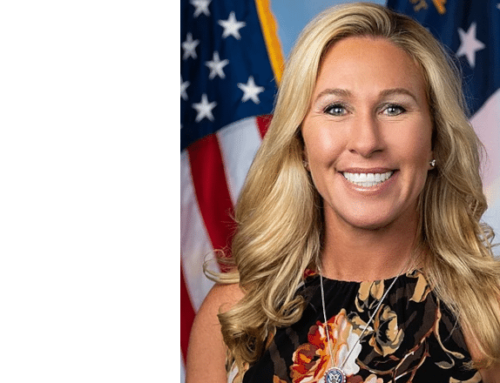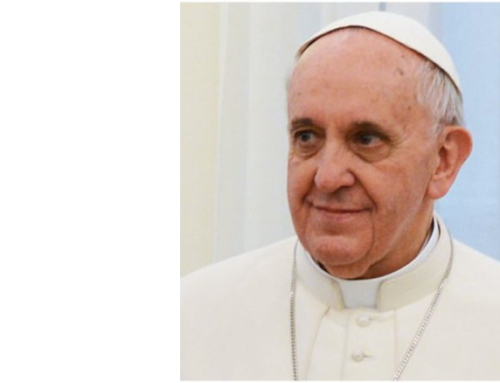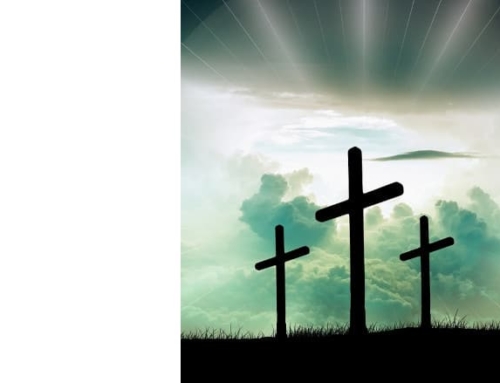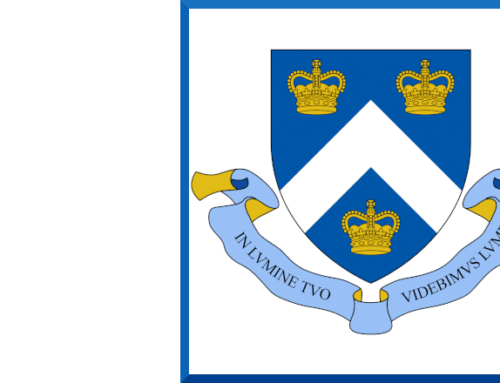
Not a day goes by without a pundit or editorial writer opining on what Pope Francis said about some controversial issue. While every pope, as well as every religious and secular leader, properly has his remarks subjected to scrutiny, Pope Francis is having his words sliced and diced far beyond anything his predecessors were accustomed to. Quite frankly, the goal of many commentators is to make the pope’s statements appear to underscore their own ideological agenda.
Nothing excites the passions of those on the left today more than gay rights. Their obsession is shown with Pope Francis’ comment, made over the summer, “Who am I to judge?” Indeed, it appears today in an editorial posted on the website of the New York Times, and in a Huffington Post piece written by an Episcopal gay priest. But that is not what the pope said.
What Francis said was, “If someone is gay and he searches for the Lord and has good will, who am I to judge?” The difference between what he is quoted as saying, and what he actually said, is not minor. Those who parse his words agree, which is why they parse them. It is important to note that the pope did not offer two sentences: his one sentence was chopped to alter his message.
A Lexis-Nexis search discloses that there are 907 articles that cite the phrase, “Who am I to judge” and “Pope Francis.” When letters to the editor and duplicates are filtered out, the final tally is 799. Of that number, 494, or 62 percent of the total, contain just the words, “Who am I to judge?” Only 305, or 38 percent, report the entire sentence. Moreover, it is becoming more common to distort what he said, not less.
The willingness of Pope Francis to reach out to homosexuals who are searching for the Lord is commendable. But attempts to parse his words are not.







